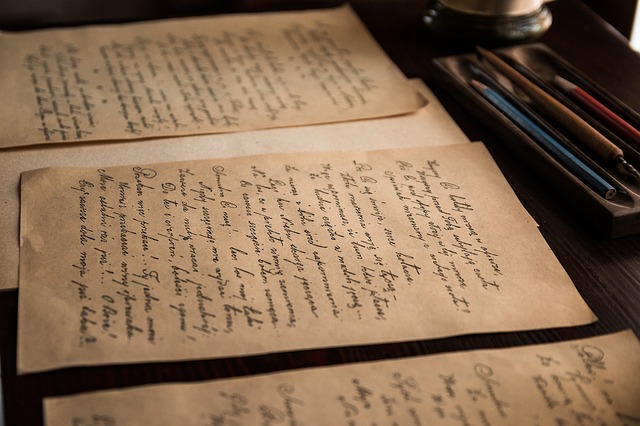
Over the past six years, I’ve been enrolled in a Ph.D. program in the Graduate Department of Religion at Vanderbilt University, studying church history. For the past three years, I’ve been trying to write a dissertation, which is more or less like trying to write a book-but for three or four very persnickety readers.
More than once during this process I’ve questioned whether I would be able to finish. I never struggled with “imposter syndrome” during coursework or comprehensive exams, but during the dissertation phase there’s been plenty of self-doubt. Mark Noll graduated from the GDR at Vanderbilt in three years – so why was writing such a challenge for me? Did that mean I didn’t have what it takes? Also, I’m an ENFP on the Myers-Briggs inventory, which means I’m easily distracted. Seventeenth century Puritanism was interesting for a couple of months – couldn’t I move on to something else now? I felt like the dissertation would never end and that I couldn’t possibly keep myself interested in it.
This fall, I finally finished the dissertation. So now seems like a great moment to step back and reflect. Over the next few posts, I’ll share what I’ve learned during the process of writing:
1) You need cheerleaders, even if you don’t struggle generally with self-confidence.
I suppose it is the case that there are some people who don’t need any encouragement, whose massive erudition, work ethic, and overweening self-possession can take them right through the dissertation without any encouragement whatsoever. My experience, however, is that even people who are generally quite confident in their abilities get pretty discouraged about dissertation writing, especially if the process moves slowly. That’s certainly been the case for me. If you can hammer out a draft in six months, then more power to you – but it’s taken me considerably longer than that. I needed validation that it was worth my while to continue writing even if I had nothing to say or couldn’t find the focus to write something meaningful for days or weeks.
I have been fortunate to have a supervisor and a second reader that are not only colleagues but friends. Many Ph.D. students are not in this position. Their relationships with supervisors are frosty or even adversarial. Especially if you find yourself in this situation, but in any event, you need a community of folks to encourage you. Get plugged in with a local church and establish a close network of friends there. Be honest with them about how hard the dissertation process is. Consider putting together a prayer and confession team at your church that can walk through peaks and valleys with you.
It’s also important to practice the discipline of celebration. Don’t turn something in without marking that progress with your community and doing something fun to break up the grind of daily writing.
Image by jarmoluk at Pixabay.com
Jonathan Warren ministers to graduate students and faculty at the University of Texas at Austin with InterVarsity Christian Fellowship along with his wife Tish. He recently finished his Ph.D. in the History of Christianity at Vanderbilt University, and he and Tish are ordained priests in the Anglican Church in North America.

First, congratulations on finishing your dissertation! Second, congratulations on finishing your dissertation as an ENFP! It takes one to know one 🙂 I’m in my 5th year. I have been writing for about 2 years and have one more to go. Thanks for the recommendation on sticking close to your support network. I tend to follow the crowd…ENFP
As a side comment, did you know this is the only article on ESN that mentions Imposter Syndrome?